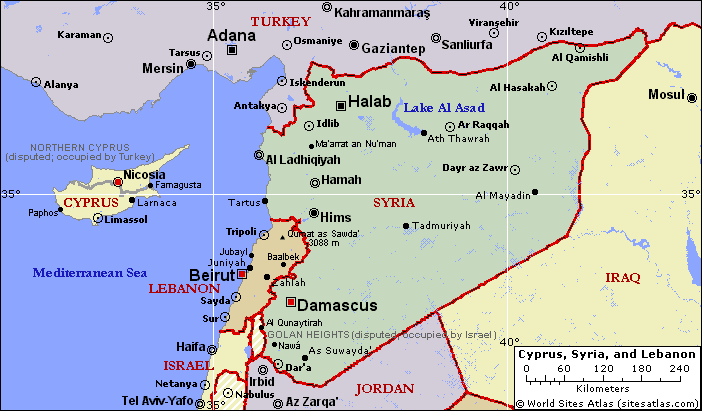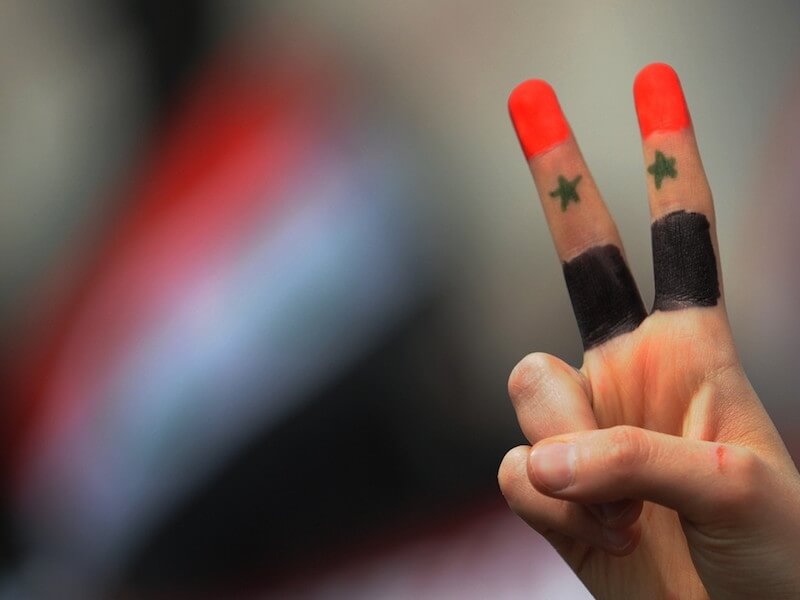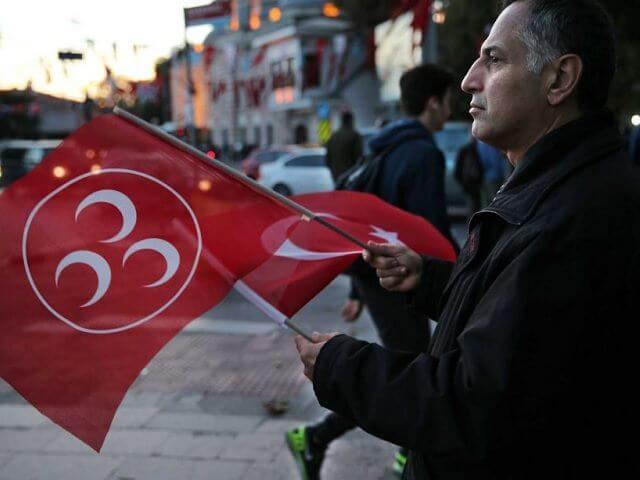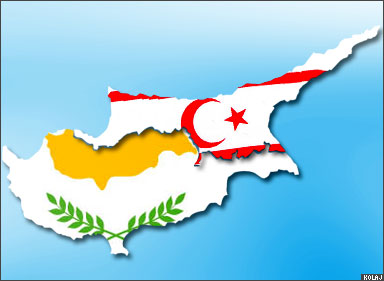The constitution’s Determinants or the Governing Rules
By Sheik Riad Drar
The Constitution is the political and legal expression of the social contract, which involves social, cultural, ideological and economic principles and values. These vary from one community to another, but are governed by a universal system of human values, based on the principles of human rights, equality, justice, equal opportunities and non-discrimination, regardless of race, sex, religion, social and economic situation. These are firm principles that should be at the core of any constitution.
Some people hold on to age-old principles, which were sublime in certain historical periods. However, these were exceeded by more humane ones, as listed above and it is these principles that should be included in the Constitution. They are the result of humans’ strive to constantly improve their condition, transcending that which may seem to be given and unchangeable. It is not acceptable to place any restriction on the evolution of human beings or on their creativity and desire to develop.
At present, these principles are the human rights included in international conventions, such as those of the United Nations. These principles must be transposed at national level and reflected in the Constitution. If this is not achieved, it is imperative to adopt a new Constitution. The Constitution should include the respect for human rights as an intrinsic characteristic of the State and articles related to human rights should be designed as immune to cancellation, amendment or violations. Those drafting the Constitution should be fully comitted to the inclusion and respect for human rights.
A Constitution is often a package of principles of equality, citizenship and human rights. These include the right to life, right to liberty, right to freedom of expression, right to education, right to health (including care for the disabled), right to belief and religion, right of association (to form and join political parties), right to personal property, right to mobility, right to work, etc.
These human rights should be endorsed by the Constitutional Court and provisions should be made to prohibit their modification or suspension through constitutional amendments. The most important ones to safeguard are the principles of people’s sovereignty, respect for human rights and freedoms, and the devolution of power.
There is a fundamental need to have these principles reflected in the Constitution, since they stem from people’s struggle in general and the struggle of the Syrian people in particular, against injustice, oppression, corruption, racism, etc. It is imperative to reject any articles devoted to religious discrimination under any pretext, and to consider all religions equal.
Missing in the translation: religions should be one of the main sources for the legislation.
In general, there is consensus among Syrians on core issue and different views exist on matters of detail. The most important points of consensus are:
– the right to equal citizenship, regardless of religious, ethnic, regional and economic status. The appropriate understanding of the concept of citizenship makes everyone equal before the law.
– the neutrality of the State and its institutions’ activities. The State has a duty to exercise positive neutrality towards its citizens. This can be achieved by protecting the right to belief and religion, separating religion from state institutions, and equal treatment of citizens, regardless of their background. The State’s focus should be on promoting a Syrian collective identity.
– rights and freedoms, including the right to life, freedom of expression, right to belief and religion, right to education, right to health, freedom of association, freedom of civil society, right to a decent living standard.
We urge that the following be included in the new Syrian Constitution:
1) recognition of the fact that the Syrian people holds supreme sovereignty and is the source of all authority and legitimacy of State power.
2) establishment of a non-centralized State on Syrian territory, ruled by one political and legal sovereign authority, supported by the Syrian people. This new State should be divided into independent directorates, able to establish their own service units.
3) a parliamentary political system representing the Syrian people politically through a bicameral Parliament, in order to achieve a broader and more meaningful representation of the people. Appropriate mechanisms for civil society and other groups’ participation should be established.
– most important are self-directorate councils, then the parties, associations, syndicates and clubs. All should be free to adopt the principles of democracy and devolution of power.
– the Preamble of the Constitution should state that Syria is a democratic republic and list the democratic principles it abides by. Among them, the Constitutional Court should have the right to block any amendments that would infringe these democratic principles.
– the Constitution should be of the Syrian people, a people committed to respecting human beings and their rights as a moral imperative; the religions/beliefs of all; national laws, international conventions and the Universal Declaration of Human Rights; and looking forward to a more humane, peaceful and prosperous future.
4) a clear separation of powers between the executive, legislative and judicial branches and appropriate checks and balances;
5) unequivocal recognition and non-discrimination of multiple nationalities, their cultural and religious rights, languages, and right to education; commitment to fight discrimination against all individuals, in particular against women and children.
6) equality before the law, regardless of any religious, ethnic, regional and economic status. The religion of the head of State should not be mentioned, as he is elected as a citizen who is entitled to compete with other qualified candidates for this position, according to the Constitution.
7) political participation of women, equal access to all positions in the State and overall gender equality and empowerment. We call for family law, aside from civil law, which would replace sectarian laws. Also, we call for women’s right to give their nationalities to their children.
8) strong support for meaningful civil society participation.
Translation from Arab by Mai Aleid











